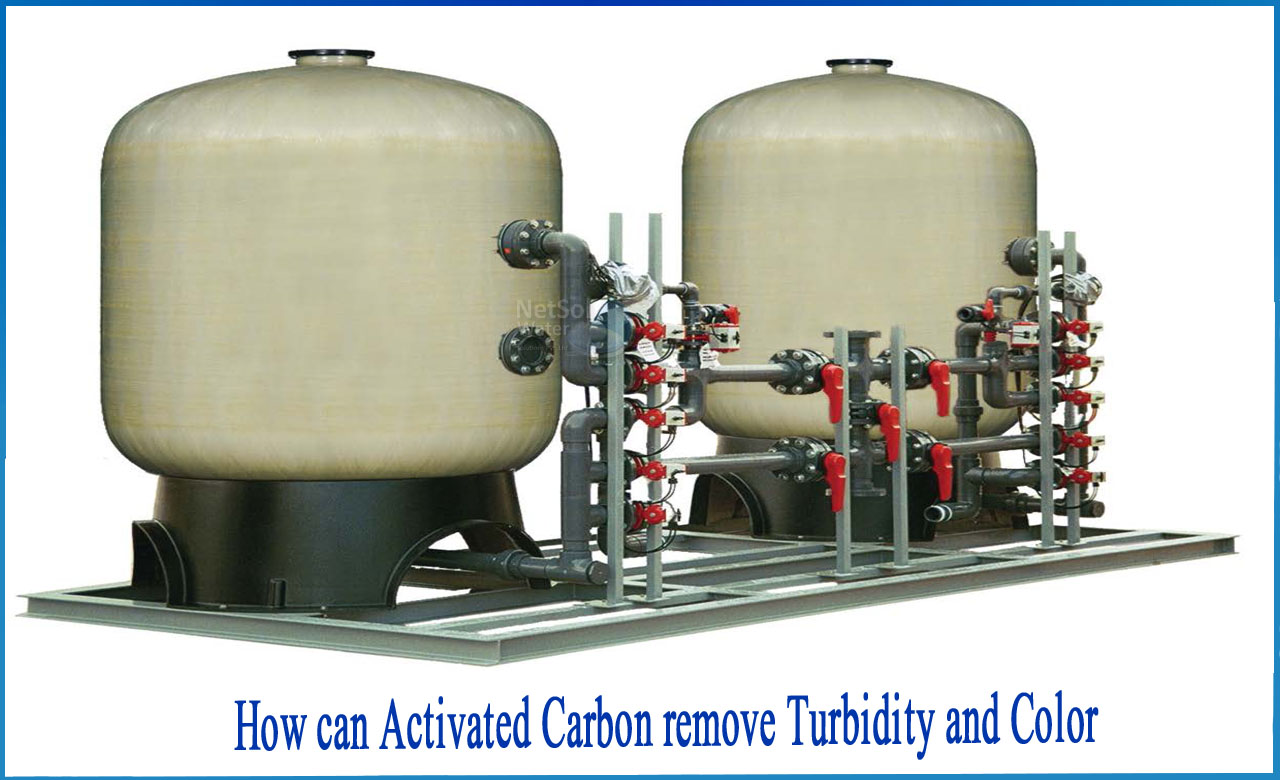Overview
In terms of health and development, having access to quality drinking water is critical. In this world, there are two possible sources of drinking water: ground water and surface water.
Filtration has been frequently utilized in the water treatment process since the nineteenth century, among different water purification procedures. Around the world, the techniques and technology used to remove pollutants from water, as well as to enhance and maintain water quality, are nearly identical. The sort of treatment to choose among the many options available is determined by the quality of the water, the types of water quality issues that are expected to occur, and the treatment cost.
Wastewater Treatment using Activated Carbon
Activated carbon is one of the most well-known and commonly utilized adsorbents for removing organic and inorganic contaminants from water and wastewater. The surface chemistry and pore structure of porous carbons have a big role in how activated carbon is used in adsorption. It is a broad term that refers to a variety of amorphous carbon-based materials that have been processed to have a high degree of porosity and a large surface area.
How can Activated Carbon remove turbidity and color?
Turbidity is generated by suspended particles such as mud sand, clay, plankton, organic matter, inorganic matterand so on. Particulate matter is to blame. The traditional treatment method of "coagulation-sedimentation-filtration-disinfection" removes the majority of the turbidity and colour from the water.
The intercepting action of the carbon column is primarily responsible for the elimination of turbidity by activated carbon systems for water treatment. However, the influent turbidity of the carbon column should not be too high, as this would increase the carbon column's recoil frequency, accelerate the wear of the activated carbon, reduce the activated carbon's service life, and raise the cost of water treatment. Furthermore, when organic matter is present in the water, it is simple for it to adsorb on the particle’s surfaces, causing steric hindrance to stabilize.
How is Ozonation linked to activated carbon and wastewater treatment process?
Pre-ozonation can enhance the removal effectiveness of particles and turbidity in the coagulation filtering process, but it can also diminish the removal of organic materials. The coagulation unit eliminates big molecules of organic matter, whereas ozonation produces tiny molecules with a low molecular weight and high polarity, altering the coagulation action. Small-molecule organics after ozonation, on the other hand, are typically more biodegradable than large-molecule organics before ozonation. In addition, tiny compounds are easier for organisms to ingest. As a result, the biological activated carbon unit completes the organics removal process.
Because of ozonation, adsorption on the surface of activated carbon, and biodegradation, the biological activated carbon ozone system has an excellent chromaticity reduction effect. It should be noted that changes in the absorbability and biodegradability of organics in the water after ozonation are included in the total impact of chromaticity removal. Furthermore, part of the biological activated carbon-ozone system's chromaticity removal involves passing directly down the carbon column to intercept color-causing particulate matter and suspended colloids.
Conclusion
After activated carbon filtration as a simplified water treatment technique, all of the parameters of the water such as turbidity and color show favorable results. The amount of alkalinity in the water is also found to be substantially lower by the use of AC.
Technical assistance and guidance
Netsol Water collaborates with a wide range of international organizations to tackle complicated water and wastewater problems by strategically integrating modern treatment technology with practical solutions.
If you need technical help and guidance, or simply have a query regarding our water and wastewater treatment technology solutions, contact one of our expert advisers via phone at +919650608473 or contact via email at enquiry@netsolwater.com



